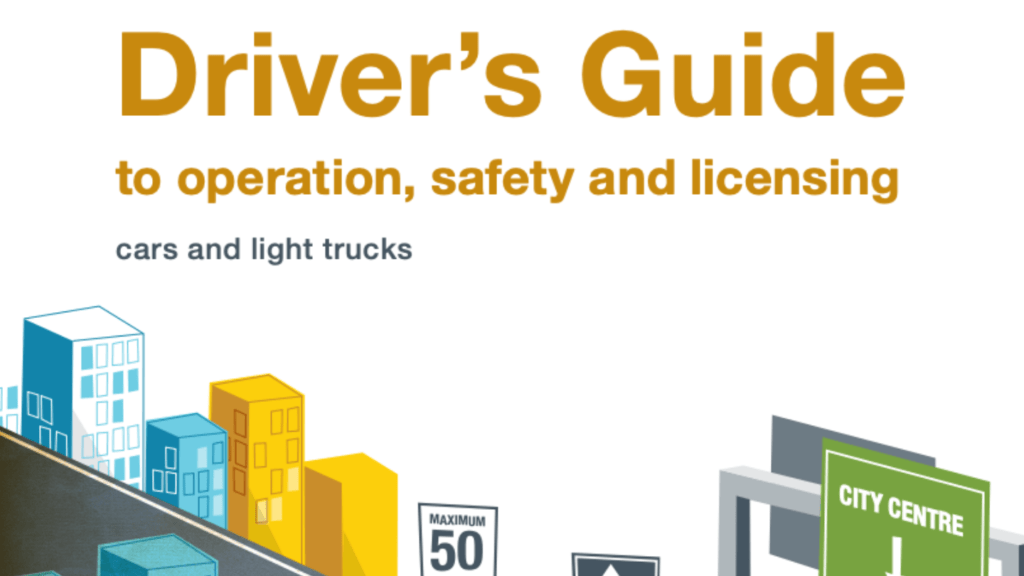British Columbia Motorcycle Driving Test
Part 3
To pass the BC Motorcycle driving test, study the Driver’s Manual, practice riding skills, and wear proper safety gear. Be prepared for a knowledge test, vehicle inspection, and a practical road test assessing your motorcycle handling and safety awareness. Show responsible riding behavior, obey traffic rules, and stay calm during the test. Prioritize practice and consider a safety course to enhance your skills. Stay updated with the latest requirements from the Provincial Department of Transportation and Works. Ride safely and best of luck!
Driver's Handbook
Preparing for the BC Motorcycle driving handbook test is the first step to securing your commercial driver’s license. This comprehensive handbook serves as your essential guide to the rules of the road, safe driving practices, and commercial vehicle operation. To ace the test, start by thoroughly studying the handbook, which covers everything from road signs to vehicle inspections. It’s crucial to understand the intricacies of Motorcycle driving, including cargo transportation, hours of service regulations, and safety protocols. Ride safely and best of luck!

Watch our Videos
British Columbia Class 1 Driving Knowledge Test videos are your key to conquering the written exam. With engaging visuals, expert explanations, and practice opportunities, these videos will help you prepare efficiently and with confidence. So, don’t stress about your upcoming test—watch our video guide and cruise smoothly towards success.
